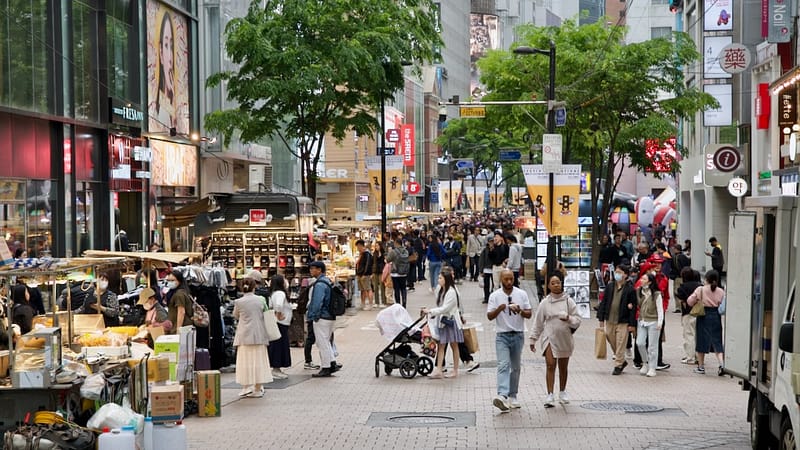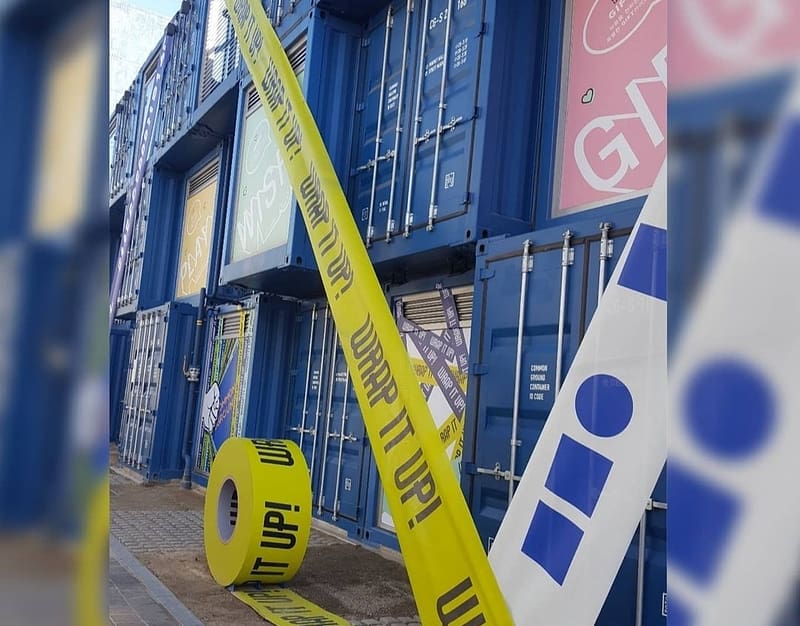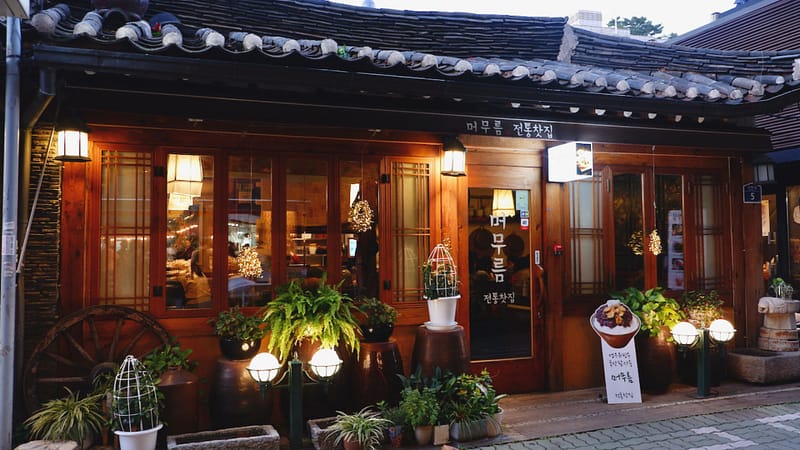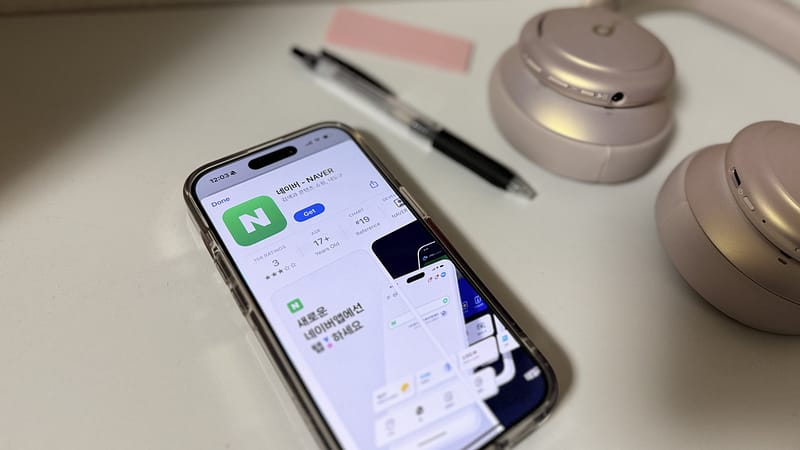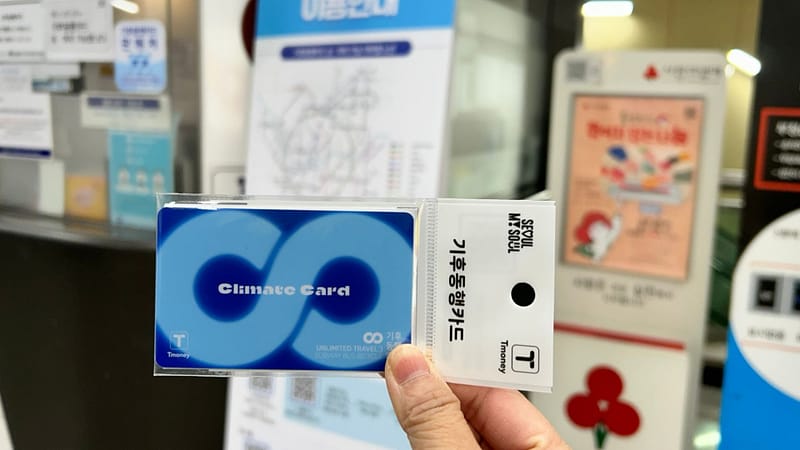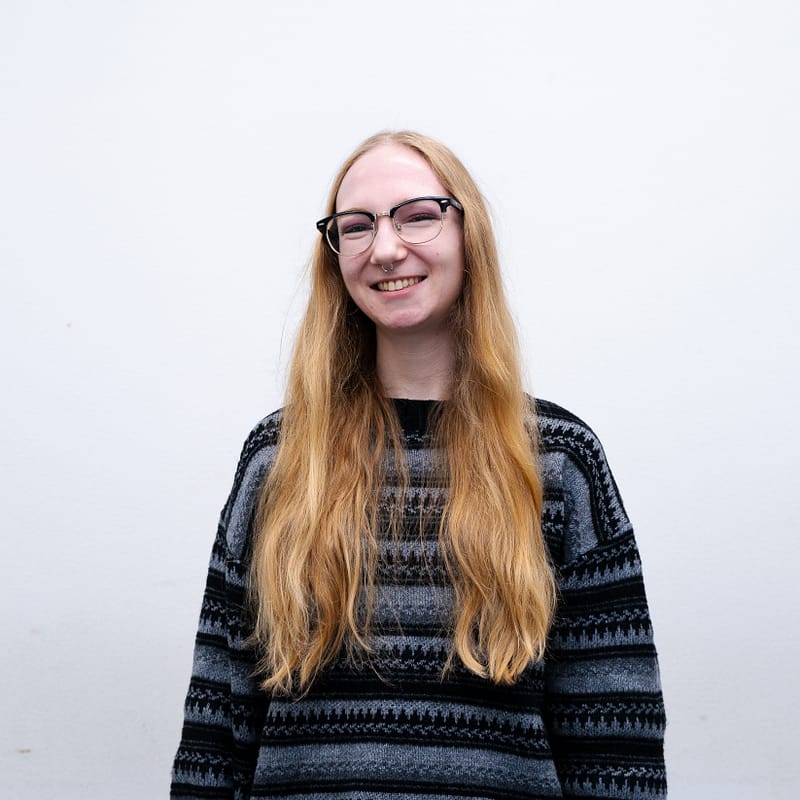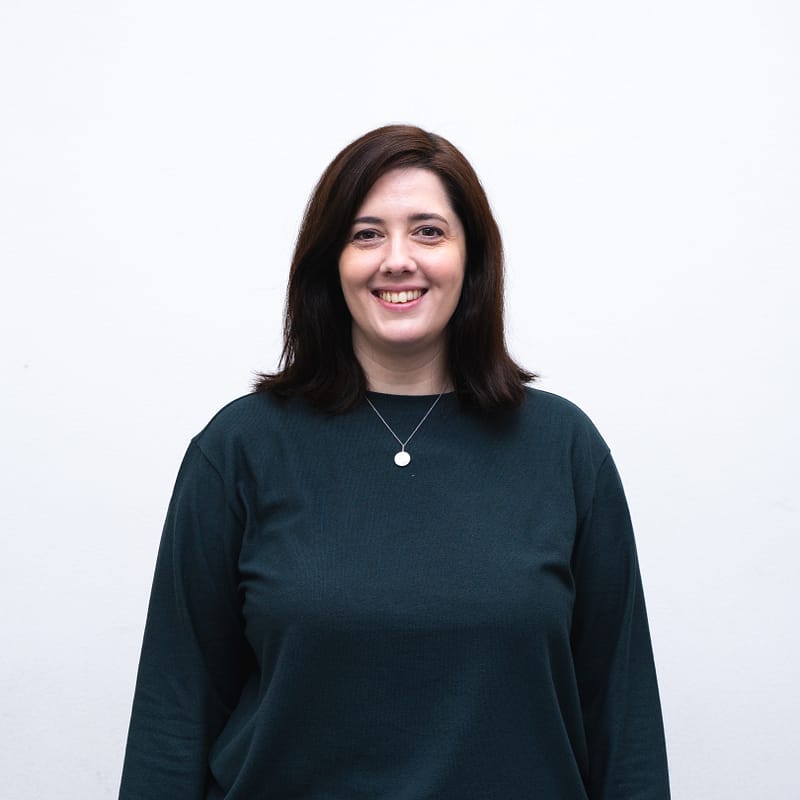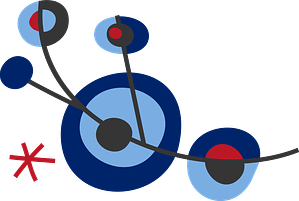***** Article first published on March 11, 2020 updated on June 8, 2020. *****
We know many people are wondering about the coronavirus (COVID-19) situation in Korea, so we wanted to give you the latest update from inside the country. Life continues as normal with the addition that everyone is now also being encouraged to take sensible precautions such as properly washing and sanitizing hands more regularly.
The Korean government is also taking proactive steps to understand the extent, and slow down the rate of infection, doing a very high level of testing, and putting in to place extra steps designed to minimize the spread of the virus.
Worldwide statistics
- As of June 8th, the total number of confirmed cases worldwide is 7,091,666.
- Check updated COVID-19 details here.
Korea statistics
- As of June 8th, the total number of cases in Korea is 11,814.
- Korean has tested 993,840 a total of people for COVID-19. 982,026 people tested negative and 24,374 are awaiting their results.
- Among the 11,814 confirmed cases, 978 people are now in quarantine in hospitals and other facilities throughout Korea.
- 10,563 people have made a full recovery and have been discharged from care.
- 273 people in Korea have passed away from COVID-19. These cases were mostly in their 70s and over 80s with underlying health conditions.
- Most cases of the virus are currently clustered in two areas – Daegu and Gyeongsangbuk province. Very few of the total confirmed cases are represented in Seoul where our office is. In total, COVID-19 is affecting 0.01% of the total population.
Korea’s extra precautionary measures
Korea is taking extra precautions to limit any spread of the virus with robust testing processes in place and isolating any known cases. There are also additional checks at all border points.
- All passengers from all countries are subject to the special entry procedure and must have an available phone number and mobile device for installing the Self Diagnosis Mobile Application. (as of March 19).
- Those showing symptoms will be tested for COVID-19. If you test positive, you will be sent to hospital or other treatment centers depending on your symptoms. (as of March 20). Those testing negative must still self-quarantine for 14 days.
- Visa exemption entry applied to nationals of Japan is suspended. (as of March 9) as well as all types of Korean visas issued by the Consulate General in Japan before March 9, 2020 will be invalid.
- Chinese nationals who have a passport issued by Hubei Province and any person who has visited Hubei Province in the past 14 days are not permitted to enter Korea. Korean visas issued by Wuhan Consulate in Hubei province will be invalidated immediately.
- Visa exemption entry to Jeju Island will be temporarily suspended.
- Passengers who are not eligible for visa waiver of Korea are not permitted to transit in Korea if traveling from China.
For the latest information regarding Korea’s entry procedures and restrictions please check our detailed blog post here.
Many public events have been cancelled in addition to elementary, middle, and high schools delaying their start until April 9th. Universities and Korean language schools are due to start with varying modified schedules.
Partner school extra precautions
Our partner schools have already put in additional precautions including providing hand disinfectant in all classrooms and shared spaces at school. Additionally, any students who have recently traveled through China or display illness symptoms are subject to a 14-day self-quarantine by several schools.
The Korean government is regulating the language schools’ procedures and have stated that even though there have been no coronavirus cases from any language school, that schools should take any necessary action they deem suitable to deal with minimizing the spread of coronavirus including closing the school if necessary.
- Students’ attendance rate will not be affected, schools will count the classes as “attended”, even though students don’t attend classes.
- Some schools changed their term start date as well as the daily or weekly study hours.
- Some schools may do online lessons for the first or second week in order to have more time to evaluate the student body’s health condition.
If you have any questions about your school’s plans, please contact us directly.
Daily personal precautions
According to the World Health Organisation, the best advice for avoiding infection by coronavirus is the same as for other respiratory viral infections, such as the common cold and seasonal influenza:
- Wash your hands regularly with soap and water for at least 20 seconds.
- Use an alcohol-based hand sanitizer that contains at least 60% alcohol, if soap and water are not available.
- Avoid touching your eyes, nose, and mouth with unwashed hands
- Avoid contact with people who are sick
We recommend everyone incorporate these precautions into their daily lives.
Student Visa timings
Student visas are issued for the period you applied for only. You must enter Korea before your “Final Entry Date” printed on your visa sticker in order for your visa to be valid. After this date, you can’t use the same student visa.
If you wish to enter Korea at a different time, you must apply for another visa. This means if you received your student visa for the spring term, it cannot be used for the summer term instead. If you want to delay your start you would need to reapply for your visa which may include submitting some application documents again. We are currently in the application period for the summer term or we can help you with any subsequent term.
Screening and coverage
If you contract the coronavirus while you are in Korea, the cost of care is covered by the government.
- If you have any symptoms you can visit a Selective Care Center (선별진료소) and get tested. If your result is positive then you enter a waiting list to enter a hospital-based on your condition. All the fees will be paid by the Korea government even if you don’t pay for the Korean national health insurance if the results are positive.
- However, if your result is negative after testing at the Selective Care Center (선별진료소) then you are liable for the test kit cost. (Approximately KRW 160,000 ~ 200,000 (US$140.00 ~ 170.00). If you did a lung CT scan, then you will be charged roughly KRW 300,000 (US$250.00) total.)
Updates
We hope with this information you now feel more informed about the current situation and reassured by the extra measures that Korea is taking to ensure the safety of its citizens and visitors.
To be kept up-to-date on the latest news about the coronavirus we recommend checking credible news sources such as the World Health Organisation, which you can find here.
Meanwhile, if you have any questions or concerns about the ongoing coronavirus situation and how this affects learning Korean in Korea, please don’t hesitate to contact us.

